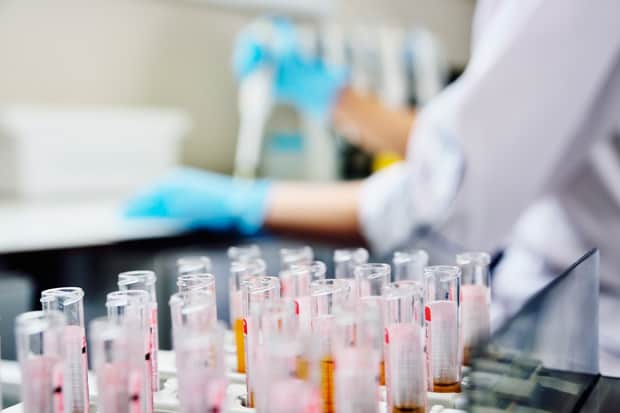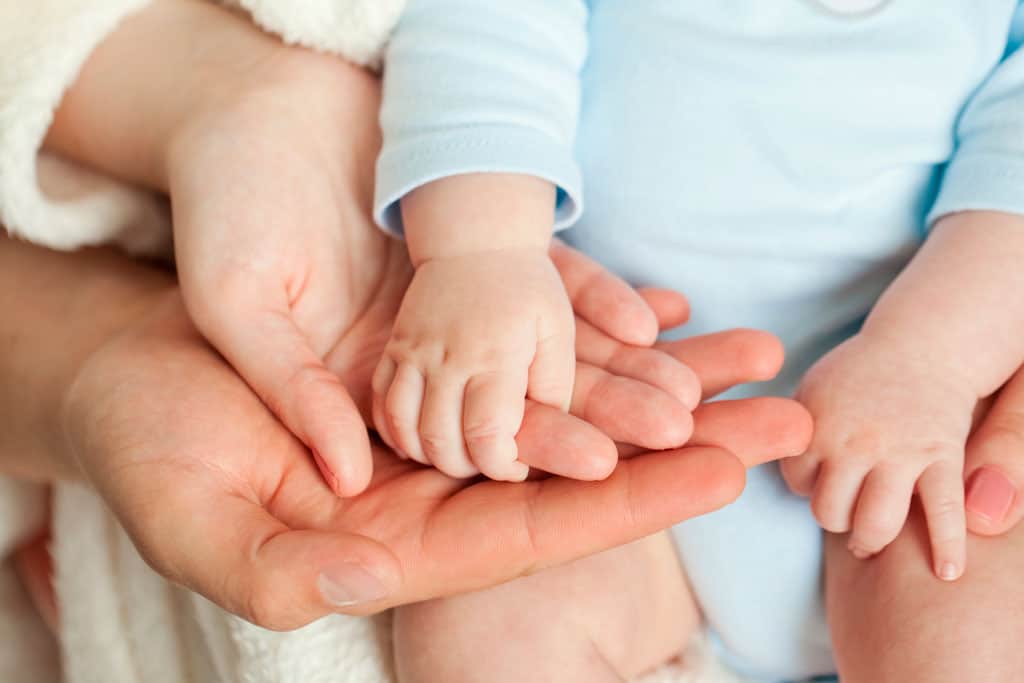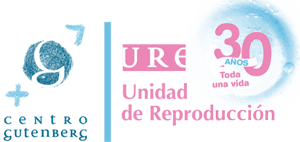Genetic Testing
What is the genetic carrier screening test?
Even if we do not have a family history or any symptoms indicating a genetic illness, we are all at risk of giving birth to a child with a genetic condition. The parents’ genes determine the child’s risk of inheriting or being affected by a genetic condition.
The genetic carrier screening is a precise and powerful test used to determine the likelihood of being a carrier of mutations on genes that are responsible for up to 800 genetic disorders. This type of genetic testing is based on the recommendations of professional medical organisations, leaders in healthcare and scientists.
What is a gene?
Genes are the instructions that tell our body how to grow and function. We have two copies of approximately thirty thousand genes. We inherit one copy from our mother and another from our father. Genes that don’t function correctly are responsible for genetic conditions.
What happens if you’re a carrier?
Being a carrier of mutations on genes related to recessive or X linked disorders does not mean you have the condition. However, there is a possibility that children can have the condition if the other partner is also a carrier of mutations on the same gene. In these cases, the likelihood of having a child affected by a genetic disorder is 25%.
The majority of people only become aware that they are carriers of a mutation after having a child with a genetic disorder, or as the result of a genetic technique such as this one which makes it possible to screen for carrier status. If both parents are carriers of mutations on the same genes, we suggest consulting with a specialist about your options for conceiving a healthy child. To do so, techniques which minimise these risks could be used such as the Pre Implantation Genetic Diagnosis.
Who is the genetic carrier screening indicated for?
Women undergoing in vitro fertilisation treatment.
Individuals with a family history of reproductive or genetic disorders.
Individuals who would like additional information regarding the risks of passing down genetic conditions to their offspring.
More info
Complete the form or call us at (+34) 952 122 565.



